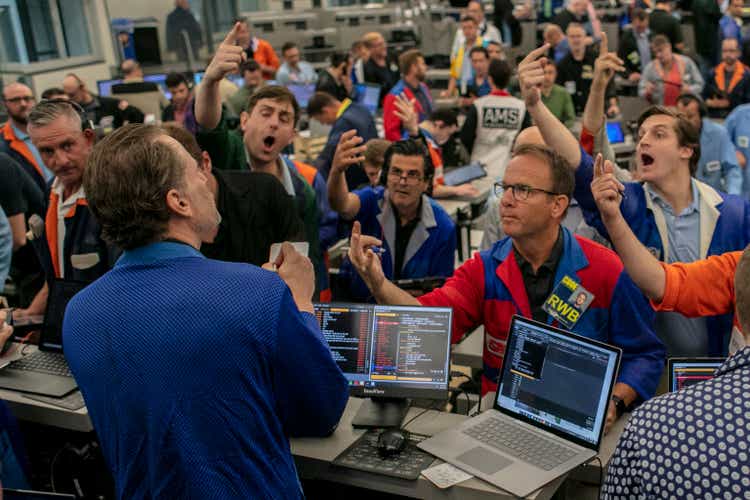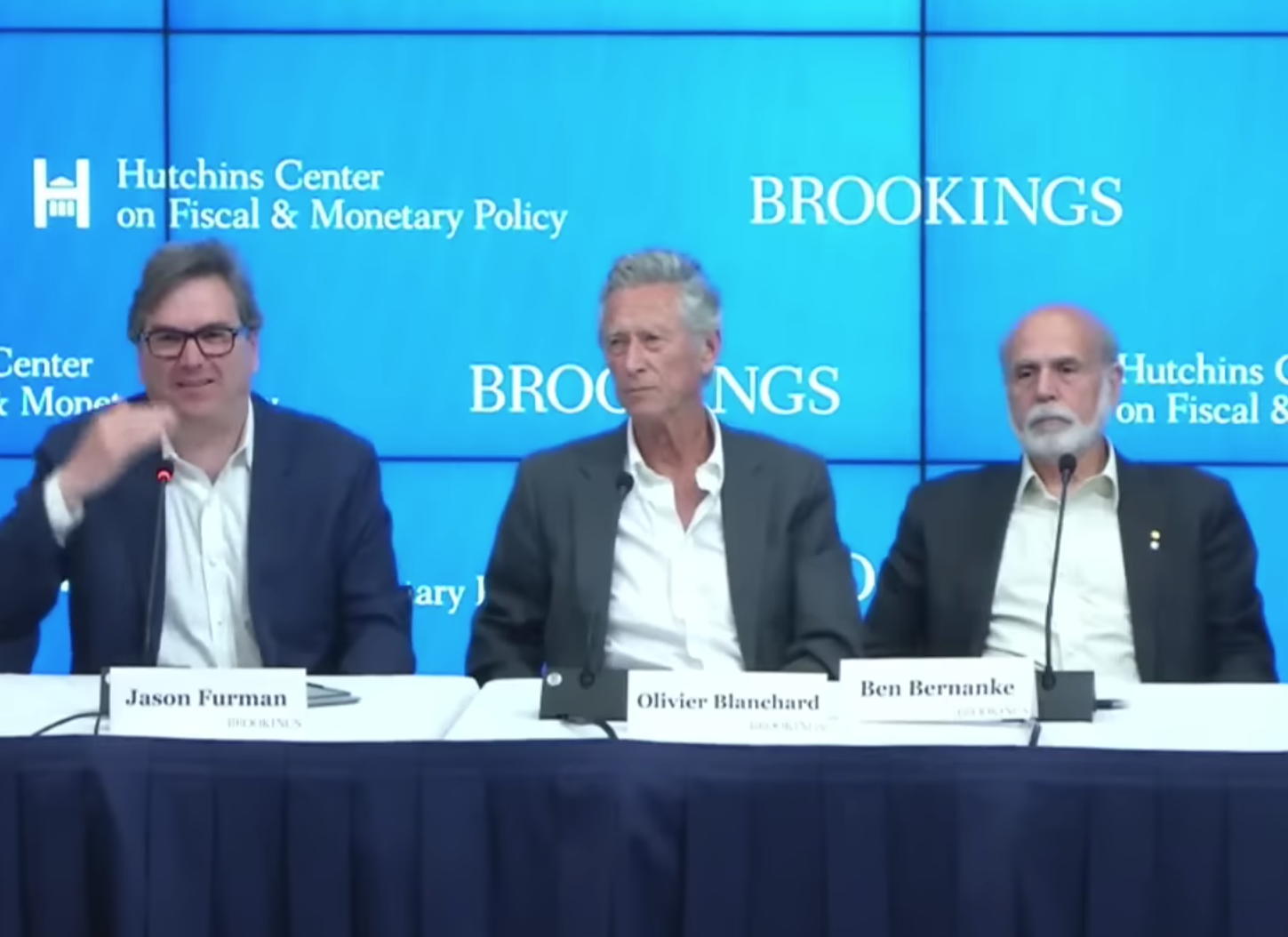In this post, I would like to contrast the price theory I previously described with “microeconomics,” which is what James Buchanan refers to as the “science of choice” (see also Buchanan 1969). In microeconomics, the logic of human choice is not a subset of economic theory, but its defining characteristic.
Microeconomics, as it practiced today, is understood as an exercise of constrained maximization within which prices serve not as variables of human choice, but as constraints to which individuals passively respond like a set of marching orders. A choice-theoretic approach to economic theory is one that collapses the optimizing activity of an agent onto the conditions of general competitive equilibrium. Such a conflation implies a direct link between the rational agent and an equilibrium outcome, which is simply an aggregation that can be directly reduced to the individual “choice” of individuals. In microeconomics, where perfect competition occupies the foreground of analysis (rather than the background as in price theory), individuals are all price takers, not price makers.
The irony of microeconomics, in which perfect competition is in the driver’s seat of analysis, is twofold. First, human “choice” is defined out of existence, since the optimal choice is dictated by equilibrium prices, to which individuals passively respond. Secondly, and counterintuitively, the only margin upon which individuals make decisions is in terms of price. But because competition in the active sense of the term doesn’t exist, since all the gains from trade have been exhausted, all other margins of competition are considered unnecessary or redundant, in terms of advertising, quality differences, or recognition of differences in consumer preferences (Hayek 1948, p. 96; Boudreaux 1990, p. 47). Hence, if individuals are guided by “false prices,” which are inconsistent with perfectly competitive equilibrium, a market is said to “fail” to achieve optimal conditions.
Much of what I’ve said may seem to be purely a difference of degree, rather than of kind, and indeed this might be a fair conclusion, since often times the terms “price theory” and “microeconomics” are used interchangeably by economists. The difference in these different “windows” of economic theory can be best illustrated by the argument in George Akerlof’s seminal paper, “The Market for ‘Lemons’: Quality Uncertainty and the Market Mechanism” (1970). This paper demonstrates how a “market failure” can arise to due asymmetric information between buyers and sellers, utilizing used car markets (as well as other markets) as an example.
Without stating so explicitly, Akerlof’s argument is based on the premise that prices are analogous to a public good, in the sense of providing information that is non-rivalrous and non-excludable. Like any public good, the claim is that private markets will underprovide such a good due to free-riding. According to Akerlof, “good cars and bad cars must still sell at the same price – since it is impossible for a buyer to tell the difference between a good car and a bad car” (emphasis added; 970, p. 489).
This assumption is consistent with the microeconomic “window” I outlined above, since the premise of this argument is that there is uncertainty over the quality of cars, but buyers can’t distinguish good cars from bad cars (or “lemons”) based solely on price, and hence, according to Gresham’s law, the “bad” cars tend to drive out the good cars. This is because, as Akerlof states, since both good cars and “lemons” must sell at the same price, “there is incentive for sellers to market poor quality merchandise, since the returns for good quality accrue mainly to the entire group whose statistic is affected rather than to the individual seller” (1970, p. 488). Thus, without the ability to credibly signal high quality of the car, the seller who knows that a car is “good” incurs a concentrated cost, with little benefit to his credibility as a reputable seller by acting on his subjective knowledge that the car was truly of high quality. This is because, as Akerlof points out elsewhere, the “cost of dishonesty, therefore, lies not only in the amount by which the purchaser is cheated; the cost also must include the loss incurred from driving legitimate business out of existence” (1970, p. 495). Thus, in a market for “lemons,” dishonest car dealers can freeride on the good will on honest car dealers, given that car dealers acting as price takers generate an outcome consistent with a “market failure” to due asymmetric information over the quality of cars.
Note that Akerlof’s argument is completely valid, but one that follows from a microeconomic window of how markets “fail.” This does not imply that microeconomics only illustrates market failure; it indeed illustrates the efficiency of markets under perfect competition. However, looking at markets through this window, in both cases, whether we are demonstrating that markets are optimal or suboptimal according to the conditions of perfect competition, “the heuristic value of equilibrium is sacrificed. By ignoring the dynamics of disequilibrium, both traditions [of market failure and market optimality] obscure the possibility that real-world market institutions may have coordinative properties even in the presence of dispersed knowledge, pervasive ignorance, the irreversibility of time, and changing conditions” (emphasis original; Boettke 1997, p. 24).
Rosolino Candela is a Senior Fellow in the F.A. Hayek Program for Advanced Study in Philosophy, Politics, and Economics, and a Program Director of Academic and Student Programs at the Mercatus Center at George Mason University.















